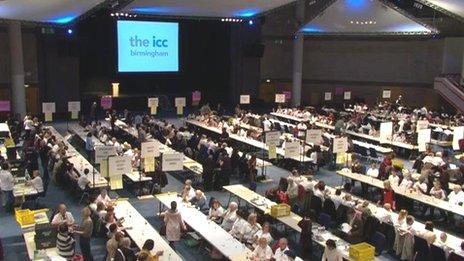Elected mayor deal for West Midlands Combined Authority agreed
- Published
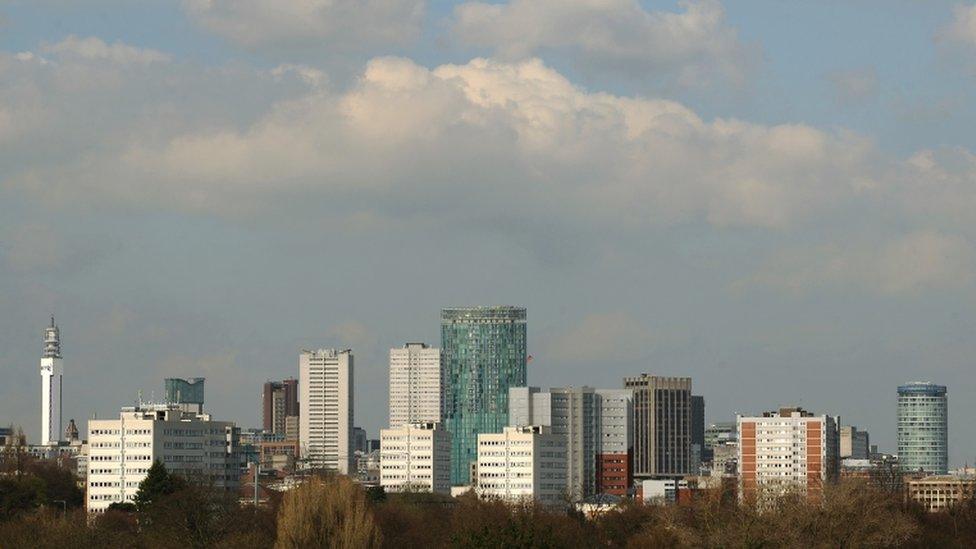
Birmingham and neighbouring towns and cities are set to be represented by an elected mayor for the West Midlands in 2017
A mayor will be elected for the West Midlands in 2017 after a "historic" devolution settlement was agreed.
The Treasury says £1bn of government investment will be provided to create the new West Midlands Combined Authority.
Birmingham, Coventry, Dudley, Sandwell, Solihull, Walsall and Wolverhampton are all set to be full members.
Opponents have questioned the size of the new region, but supporters say it could bring in new jobs to the area.
The West Midlands will be one of six devolved regions in England. Greater Manchester; Liverpool and Merseyside; the North East; South Yorkshire; and Tees Valley are also set to be run by elected mayors.
It comes three years after Birmingham voters rejected plans to bring in an elected mayor for the city.

Analysis: Patrick Burns, Political Editor for BBC West Midlands
With this level of devolved political and spending powers to the West Midlands Combined Authority - covering transport infrastructure, housing development, business growth and skills - comes a directly elected executive mayor.
It's an idea that has already been abandoned in Stoke and repeatedly rejected in Birmingham and Coventry.
Sajid Javid, Secretary of State for Business, Innovation and Skills and MP for Bromsgrove, tells me it's different this time, now that the role will no longer be confined to local authority boundaries.
He says the top level of devolution requires a high-profile focal point of accountability.
But we can expect widespread scepticism from people at street level, who argue the last thing we need is a new tier of politicians when core local government services have been cut back year after year.

Once elected, the mayor will chair the regional authority, which will have a transport budget devolved from government. The mayor will get new planning powers to "drive housing delivery and improvements in housing stock".
Announcing the deal, Chancellor George Osborne said the combined authority would benefit businesses and manufacturing in the Midlands and encourage councils to work together.
"We want to make the Midlands Britain's engine for growth and this deal will give the region the powerful levers it needs to make that happen," he said.
Solihull council leader Bob Sleigh, chairman of the shadow board of the West Midlands Combined Authority, said the agreement was "an historic moment for the West Midlands".

What powers would the elected mayor have?
Chairing the West Midlands Combined Authority, which will receive £36m a year from the government for 30 years
Control over a devolved transport budget for the region, agreed by central government
Responsibility for local bus franchises
Maintaining major roads and managing a key route network for the area
More control over planning rules and approving the building of new homes

As well as agreeing on the combined authority, the government has also agreed to back other investment projects in the West Midlands including extending the Metro service to Brierley Hill and the proposed HS2 interchange.
A £150m package to redevelop Coventry city centre has also been negotiated following the devolution settlement.
Ann Lucas, leader of Coventry City Council, said "a number of safeguards" will be put in place to make sure each area is well served by the combined authority.
However, UKIP's Bill Etheridge, MEP for the West Midlands, criticised the plans, claiming the mayor would be bureaucratic and undemocratic.
"People aren't interested in more layers of politicians," he said.
"They want politicians who they know, who are accountable at a grass roots level [and] who have some real power."
- Published17 November 2015
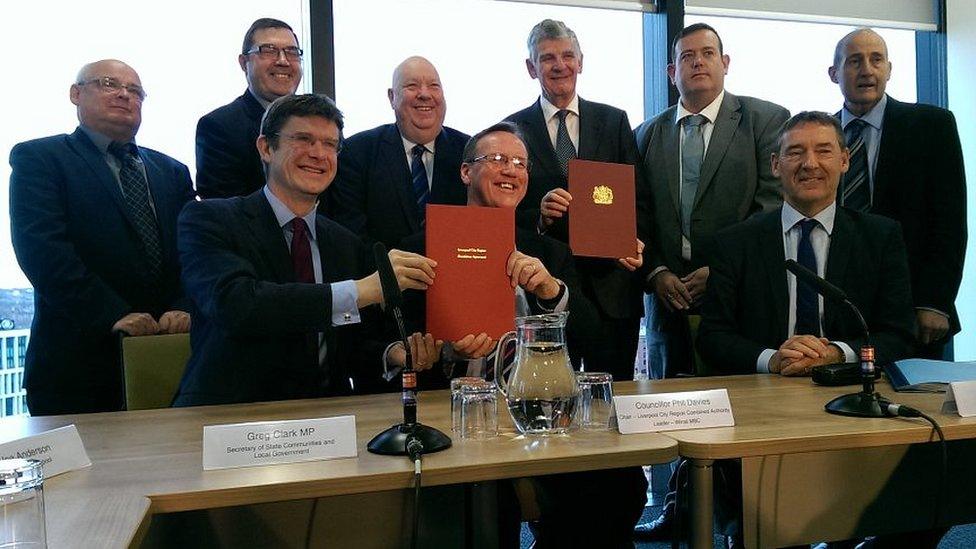
- Published13 October 2015
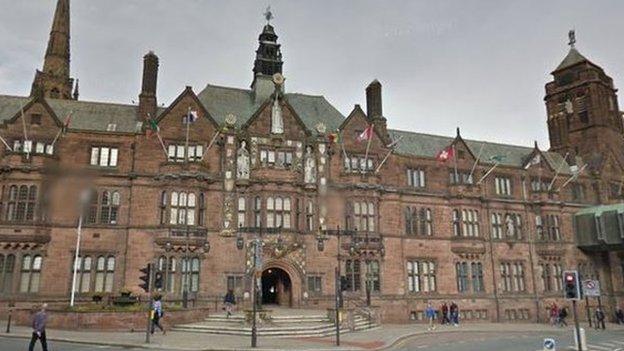
- Published6 July 2015
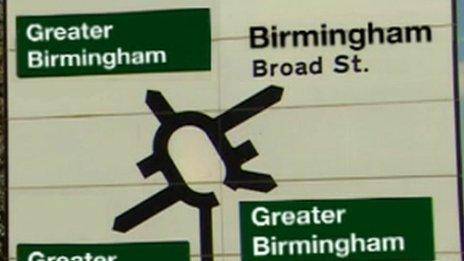
- Published4 May 2012
